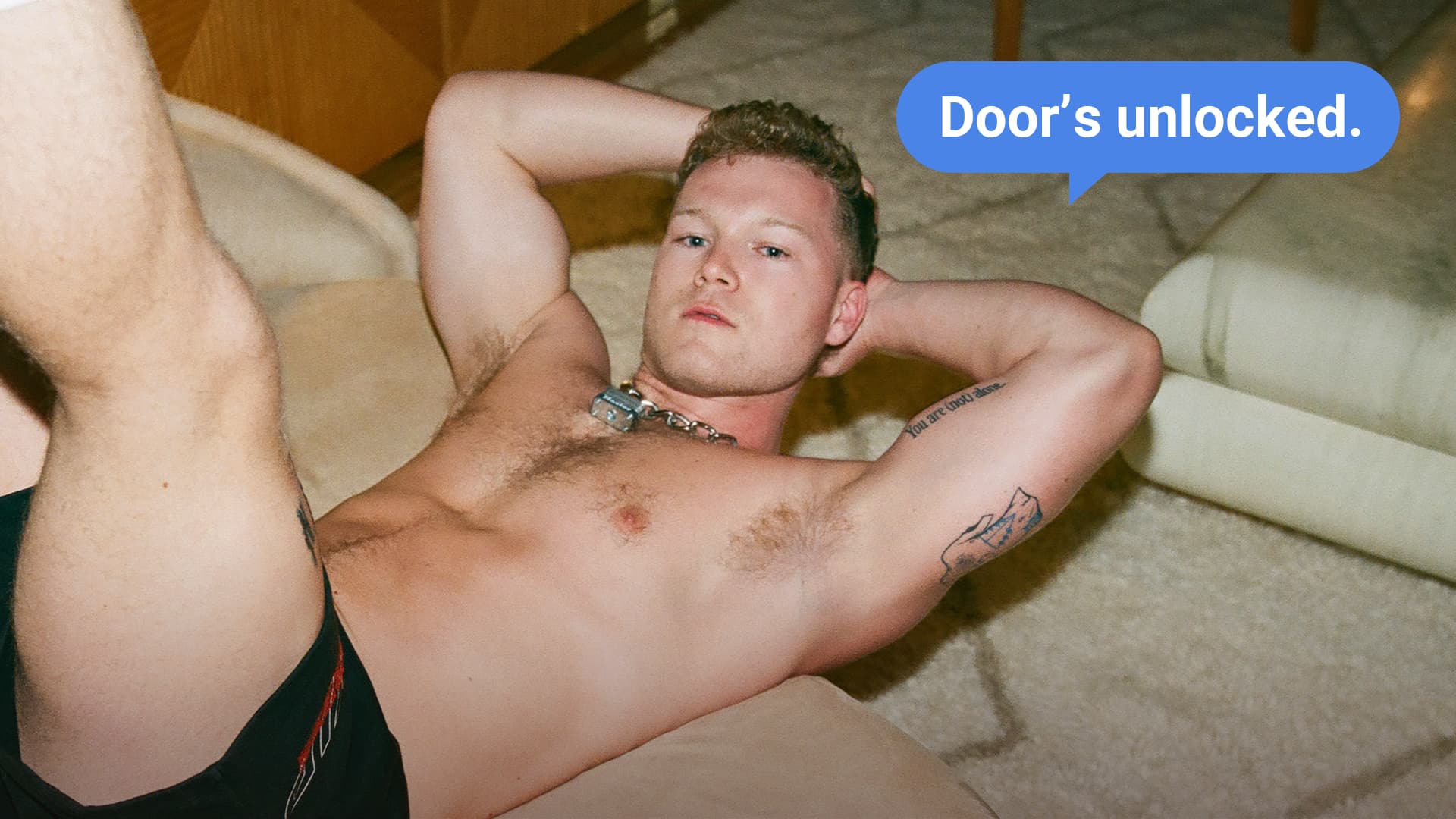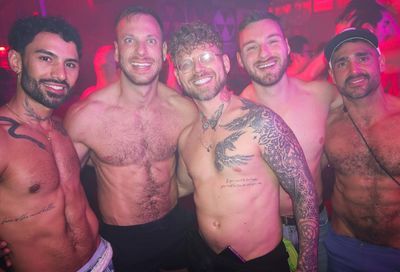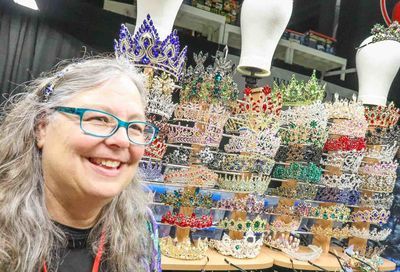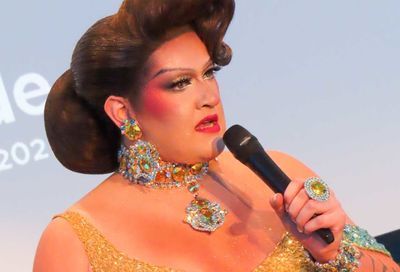Healthy Discussion
Meth Group leaders to share Seattle summit insights
In mid October, it was once again time for what has become the premiere assembly for discussing the collective health of gay, bisexual and transgender men in grassroots fashion, the National Gay Men’s Health Summit, this year in Seattle. The summit is also a sort of legacy for Eric Rofes, the gay academic and author of 1998’s controversial Dry Bones Breathe: Gay Men Creating Post-AIDS Identities and Cultures. Before his death from a heart attack in 2006, Rofes had convened three such summits.
For David Mariner, acting executive director of The Center, metro Washington’s GLBT community center, it was his second time attending.
”This is a great conference to talk about gay, bi and trans men’s health, particularly from a community perspective,” says Mariner, attending in his capacity as a member of the Center-affiliated D.C. Crystal Meth Working Group (DCCMWG). ”It looks at the broad definition as health. It more than the absence of disease.”
Three other members of the DCCMWG — Isaiah Webster, the group’s program coordinator; Michael Rubin of the Psychiatric Institute of Washington; and Whitman-Walker Clinic’s Jared Shenk — also attended. Together, they’ve pledged to transform their Seattle experience into a series of workshops for D.C. audiences. The first in the series will be a straightforward debriefing of the summit, Nov. 6.
”Our goal is to do a series of workshops about gay, bi and trans men’s health and wellness — at least six workshops,” says Mariner, adding that the second has been planned as well, aiming to look at the local HIV epidemic specifically from the perspectives of gay men in their 20s, in partnership with the city’s Sexual Minority Youth Assistance League.
Seemingly still energized by the Seattle experience, Mariner says that these upcoming workshops will examine GBT men’s health in ways that may be somewhat alien to the usual D.C. discourse.
”We want to introduce a definition of health that may be different than what people are familiar with, that health and wellness is connected to our equality,” says Mariner. One example is a six-week course offered by an AIDS-related health organization in Australia that spends hours on the ins and outs of anal sex. And there’s much more to it, he says, than the mechanics.
”It’s okay to have a class that talks about that,” he says, explaining that notions of wellness have far more breadth than simply the absence of disease. ”Does diet affect anal sex? Should it hurt? Does size matter? We’re affirming that it’s okay to talk about it. It’s okay to talk about our sex lives. It just affirms who we ware as gay men. A lot of challenges are related to a society that is not affirming and welcoming of us.”
The upcoming discussions, looking at men’s health from social, psychological and physical angles — for starters — are also not just for health professionals. Instead, says Mariner, these workshops are going to be aimed directly at the affected men being talked about, rather than those who work to keep them healthy.
”This is for everyone. This is for community members who have questions or who want to help create a culture in D.C. where we do address physical, social and mental well-being.
”These are kind of new concepts for some people in D.C., but I think there are enough people who are curious. It will be great if we have a great turnout. But it will also be great if we have a great discussion and lay a good foundation for moving forward.”
The D.C. Crystal Meth Working Group presents ”The State of Gay Men’s Health: A Debrief from the National Gay Men’s Health Summit,” Thursday, Nov. 6, at 7 pm., at the Frank D. Reeves Center, 2000 14th St. NW. For more information, visit the The Center at www.thedccenter.org.
Support Metro Weekly’s Journalism
These are challenging times for news organizations. And yet it’s crucial we stay active and provide vital resources and information to both our local readers and the world. So won’t you please take a moment and consider supporting Metro Weekly with a membership? For as little as $5 a month, you can help ensure Metro Weekly magazine and MetroWeekly.com remain free, viable resources as we provide the best, most diverse, culturally-resonant LGBTQ coverage in both the D.C. region and around the world. Memberships come with exclusive perks and discounts, your own personal digital delivery of each week’s magazine (and an archive), access to our Member's Lounge when it launches this fall, and exclusive members-only items like Metro Weekly Membership Mugs and Tote Bags! Check out all our membership levels here and please join us today!
























